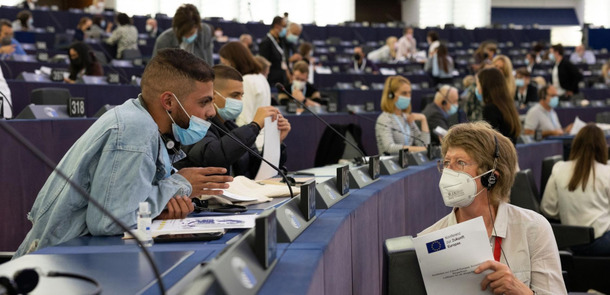Whether or not Greece can remain in the monetary union is more uncertain than ever. Decisions that can give a new twist to the political and financial situation are being made almost every day.
About ten days ago Alexis Tsipras, the Greek prime minister, announced that there was go-ing to be a referendum, and thus terminated the negotiations on a new rescue package unilaterally. Since then the euro area has been plunged into a wholly unprecedented political crisis. Whether or not Greece can remain in the monetary union is more uncertain than ever, and decisions that can give a new twist to the political and financial situation are being made almost every day. The Greek banks have been closed for over a week. The economic data are deteriorating rapidly. And yet a solution is nowhere to be seen. The No vote in the Greek referendum has not exactly improved the chances of reaching an agreement. For the time being the positions seem to have become uncompromising. At the summit of the heads of state and government on 7 July the Greek government was given five days and a "final deadline" in order to come up with viable proposals for reform. Thus the next few days are of crucial im-portance. At the weekend the heads of state and government of all 28 EU member states are going to meet in order to decide the future of Greece.
This flashlight europe provides an overview of the events of the last few days, outlines possible scenarios for what may happen in the near future, and identifies factors which may exert an influence in the short term. We are not trying to give an exact forecast or to formulate action recommendations. But we are trying to shed some light on a confusing situation by identifying important patterns and some of the salient factors.





